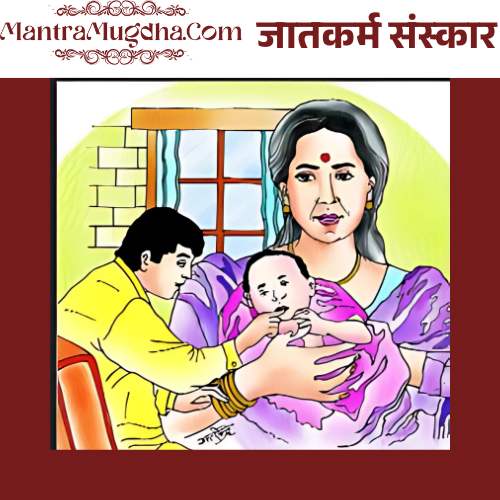
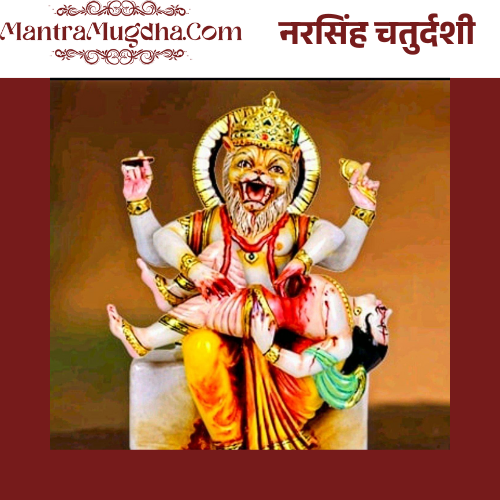
Satyanarayan Vrat Katha – A Divine Ritual of Truth and Devotion
₹2,100.00 – ₹3,900.00Price range: ₹2,100.00 through ₹3,900.00
Overview and Significance
The name Satyanarayan is a composite of “Satya” (truth) and “Narayana” (the supreme form of Vishnu), representing the embodiment of truth, divinity, and universal consciousness. The phrase “Satyatmakam tvam sharanam prapannah” translates to: “We take refuge in You, the embodiment of truth, O Eternal Supreme Narayana.” This underscores the belief that the essence of the Supreme Being is truth, consciousness, and bliss (Sat-Chit-Ananda), and in the form of Satyanarayan, this truth becomes manifest to guide and bless mankind.
According to the Bhagavad Gita, Lord Krishna declares, “Dharma-samsthapanarthaya” – meaning, “For the establishment of righteousness (Dharma), I incarnate.” Since Dharma is rooted in truth, Lord Satyanarayan appears to uphold and spread the glory of truth in the world.
In Sanatan Dharma (Hindu tradition), it is customary to begin any auspicious event with Lord Ganesha’s worship and conclude with the recitation of Satyanarayan Katha. Listening to this sacred narrative is not just a ritual but a form of worship that involves devotion, purification, and divine connection.
The Essence of Satyanarayan Katha
The Satyanarayan Katha narrates the glory, miracles, and divine grace of Lord Narayan. It teaches how truth, devotion, and humility lead to divine blessings, while arrogance, negligence, and disrespect lead to suffering. The Katha primarily focuses on two key moral lessons:
Neglect of a previously made vow due to carelessness or laziness.
Disrespect of God’s Prasad and divine grace.
Characters like the poor Brahmin, woodcutter, merchant (Sadhu Vanik), and King Tungadhwaj serve as examples — those who upheld truth were uplifted, and those who ignored it faced hardships.
The message is clear: Satyam eva jayate na anritam – “Truth alone triumphs; falsehood never does.” Therefore, practicing truth in thought, word, and action leads to inner peace and material as well as spiritual prosperity.
Satyanarayan Vrat Puja Process
Swasti Vachan and Shanti Path – Invocation of peace and blessings.
Sankalp (Pledge) – Making a vow with intent to perform the puja sincerely.
Ganesh & Gauri Puja – Seeking blessings for obstacle-free rituals.
Kalash Sthapana & Varuna Puja – Installation of sacred pot and water deity worship.
Navagraha, Panchalokpal, Dikpal Puja – Honoring planetary and directional deities.
Shaligram Puja or Laddu Gopal Puja – Worship of Lord Vishnu in symbolic form.
Goddess Saraswati & Brahmin Worship – For wisdom and blessings.
Satyanarayan Vrat Katha Recitation – Five chapters narrating divine stories.
Havan Rituals – Including Agni invocation, various ahutis (oblations), and Pradhana Hom.
Completion Ceremony – Includes Arati, Pushpanjali, Pradakshina, Kshama Prarthana.
Devata Visarjan – Formal conclusion by releasing the invoked deities.
Raksha Bandhan, Tika, Ashirwad, Charanamrit – Protection thread, blessings, and sacred offerings.
Prasadam Distribution – Offering sanctified food to devotees.
Benefits of Satyanarayan Vrat
Spiritual Upliftment: Brings mental peace and spiritual clarity.
Health & Healing: Enhances physical well-being through divine blessings.
Prosperity: Fosters abundance, harmony, and positive energy at home.
Moral Strength: Encourages truthfulness, discipline, and positivity.
Freedom from Troubles: Removes obstacles and provides strength to face difficulties.
Fulfillment of Desires: Pure devotion helps manifest heartfelt wishes.
Grace of the Lord: Attracts divine compassion and protection.
Liberation from Sins: Leads to inner cleansing and moral transformation.
Puja Samagri (Materials Required)
Basic Items:
Roli (sacred red powder), Kalawa (red-yellow sacred thread)
Sindoor (vermilion), Cloves, Cardamom, Betel nuts
Ganga water, Rose water, Scent (Itr), Honey
Incense sticks, Cotton wicks, Sacred thread (Yagyopaveet)
Desi Ghee, Camphor, Matches, Barley (Jau)
Plates (large size), Panchmeva (five dry fruits)
Ashtagandha Chandan (scented sandal paste), Dry coconut
Small-grain rice, Earthen oil lamps
Seven types of mud (Saptamrittika), Mixed herbs (Sarva Aushadhi)
Yellow cotton cloth, Cow ghee
Havan and Ritual Materials:
Raw rice, Lotus seeds (Kamal Gatta)
Havan Samagri (herbs), Ghee, Guggal (resin)
Jaggery powder or sugar, Betel leaves
Papad (for sacrifice), Copper Havan Kund (10×10 or 12×12 inch)
Navagraha Samidha (wood sticks for 9 planets)
Samidha (wood sticks), Kusha grass
Low wooden platform (2×2 feet)
Cow milk – 100 ml, Curd – 50 ml, Sweet dish (as needed)
Seasonal fruits (as needed), Durva grass – 1 bunch
5 Betel leaves, 1 kg fresh flowers, 5 Flower garlands
Mango leaves – 2, Tulsi leaves – 7
Water coconut, Panchamrit, Bananas, Panjeeri
Plates – 2, Small bowls – 5, Water pots – 2, Spoons – 2
Copper/Brass Kalash with lid
Cloth for deities – gamchha/dhoti
Seating mats, sheets, and clean altar cloths
| With Samagri |
With Samagri ,Without Samagri |
|---|


MAECENAS IACULIS
Vestibulum curae torquent diam diam commodo parturient penatibus nunc dui adipiscing convallis bulum parturient suspendisse parturient a.Parturient in parturient scelerisque nibh lectus quam a natoque adipiscing a vestibulum hendrerit et pharetra fames nunc.
ADIPISCING CONVALLIS BULUM
- Vestibulum penatibus nunc dui adipiscing convallis bulum parturient suspendisse.
- Abitur parturient praesent lectus quam a natoque adipiscing a vestibulum hendre.
- Diam parturient dictumst parturient scelerisque nibh lectus.
Scelerisque adipiscing bibendum sem vestibulum et in a a a purus lectus faucibus lobortis tincidunt purus lectus nisl class eros.Condimentum a et ullamcorper dictumst mus et tristique elementum nam inceptos hac parturient scelerisque vestibulum.

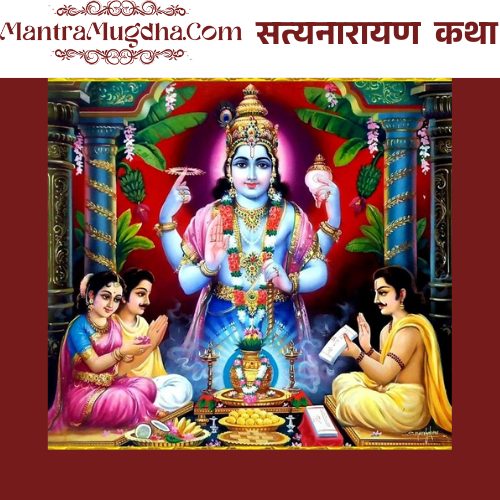
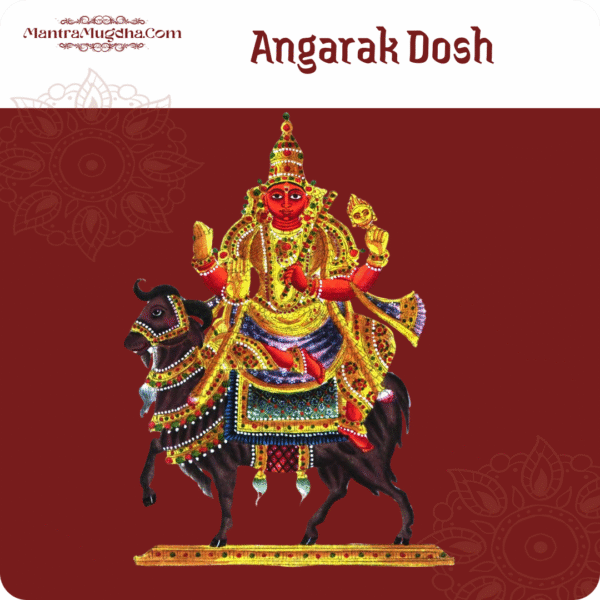
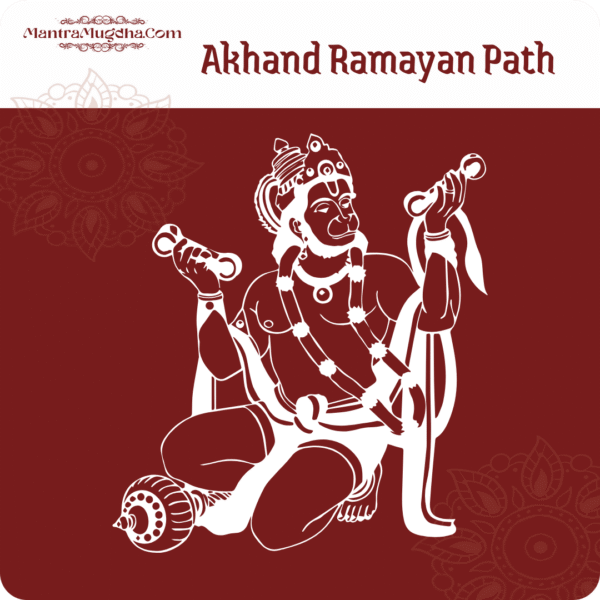
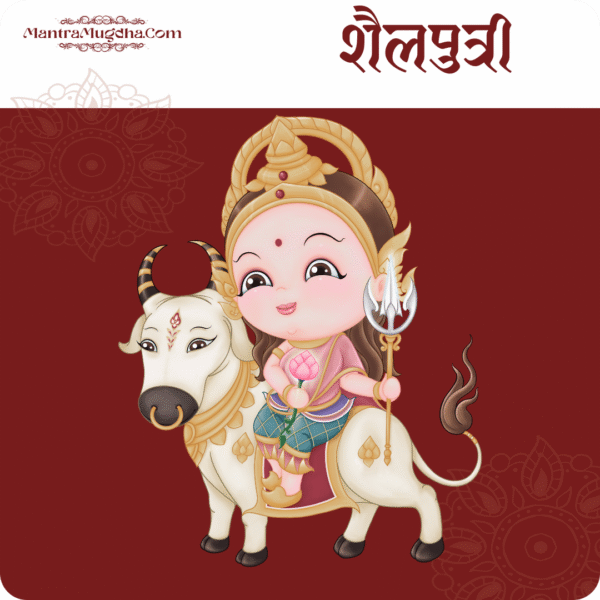
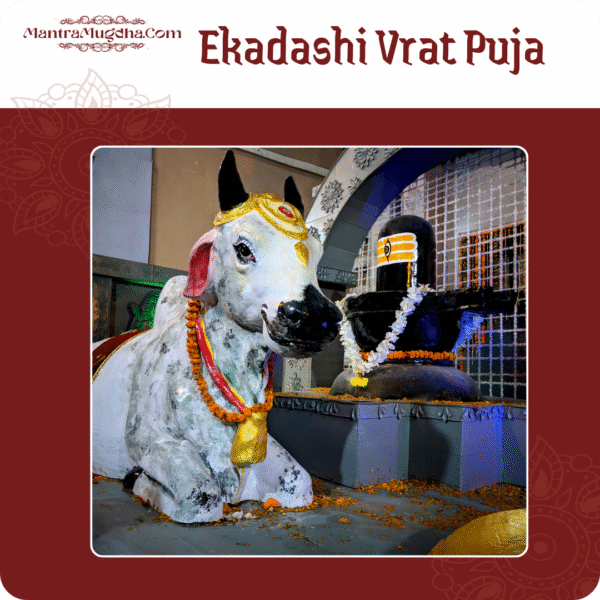
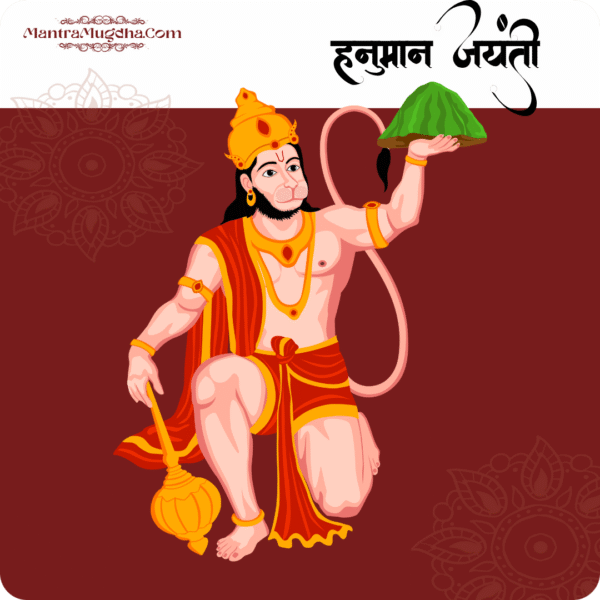
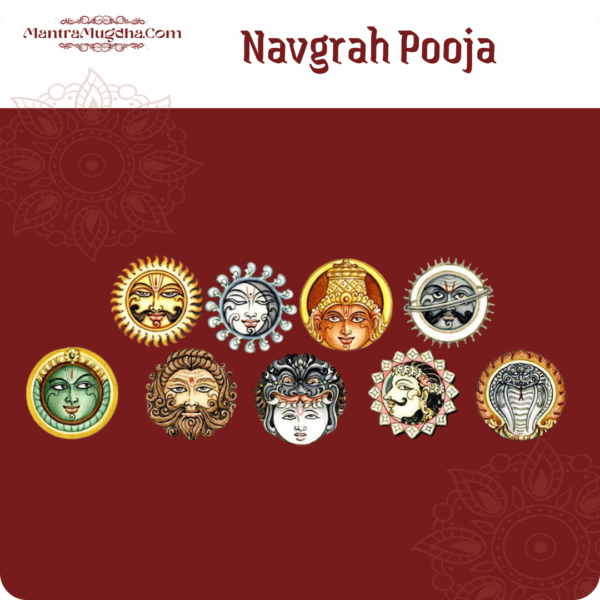
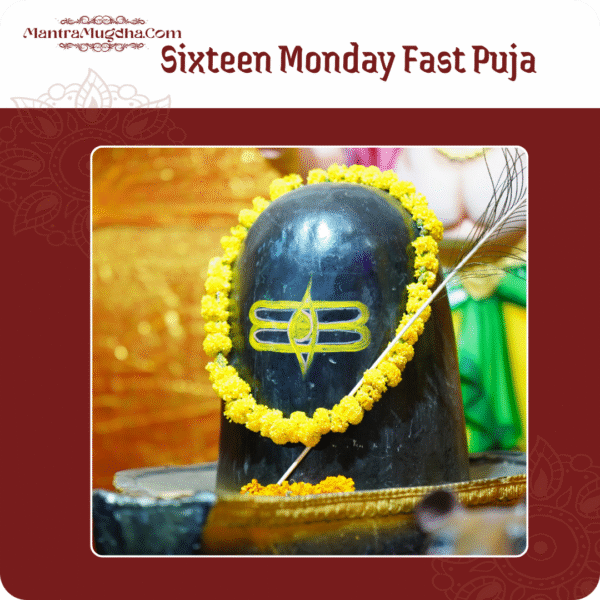
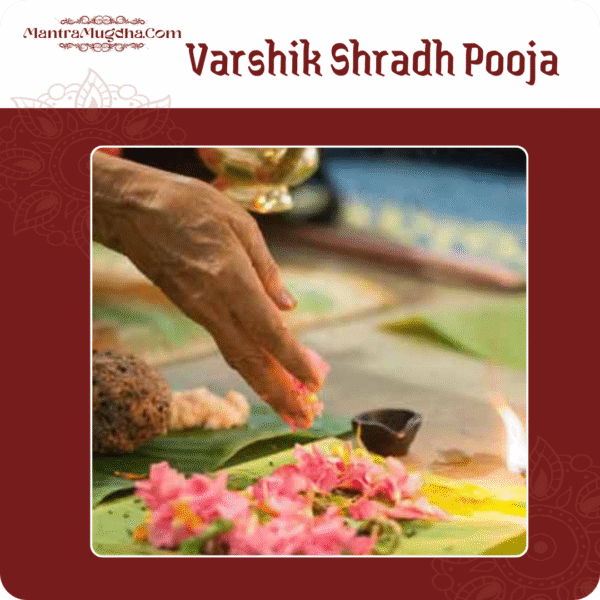
Reviews
Clear filtersThere are no reviews yet.